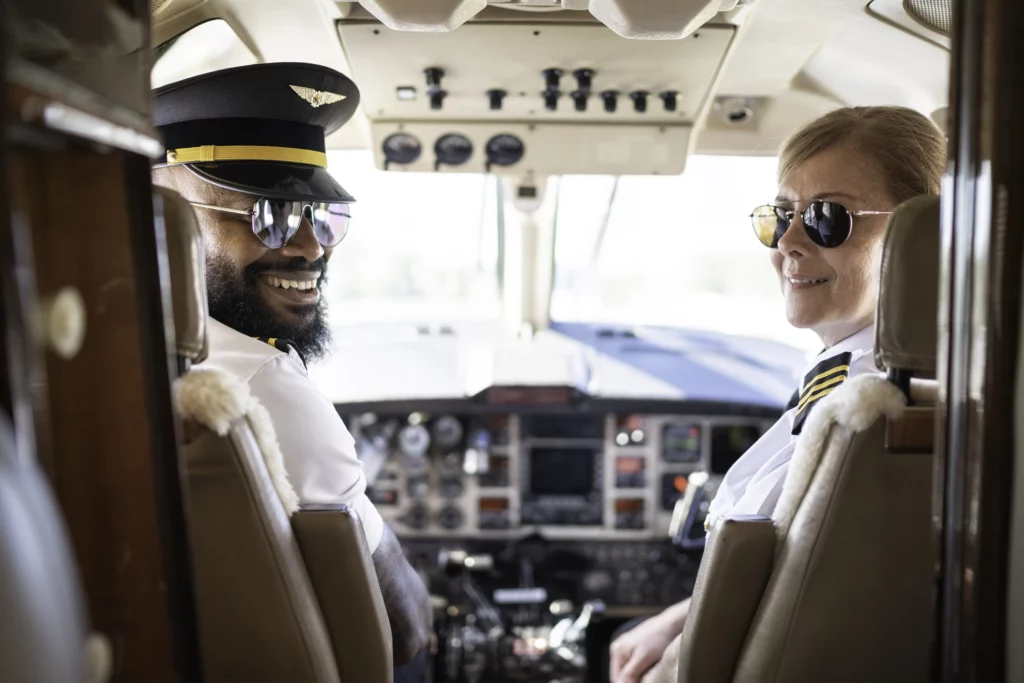Aviation thrives on innovation, safety, and equity–essential components that Diversity, Equity, and Inclusion foster. Policy that forms DEI frameworks provide opportunities to traditionally marginalized groups that are often neglected in aviation careers. This is a significant starting point for raising underrepresented voices in aviation.
DEI interventions aid in the creation of an inclusive workplace culture in which employees feel enhanced with contributing to work and thus, have better career satisfaction. There are also higher retention rates. An aviation industry that mirrors the diverse population it serves improves business outcomes by addressing the needs of people in a more user-centrist approach. An effective and efficient approach also benefits safety as all-encompassing teams can mitigate risks from a broader scope and provide innovative measures.
There has been a shift in the past two decades that has positively steered the progress in fostering DEI policies. The workforce of the industry is slowly being opened to people of all backgrounds and the ability to collaborate among themselves isn’t limited to just technocrats but extends to all. There are however emerging policies introduced by the Trump administration that seek to discourage the DEI interventions while claiming to foster economic growth. Having restrictive policies only serve to limit the diversity in choosing people from varying backgrounds. It is a shortsighted approach that stifles potential for innovation in the industry. Such policies deepen inequities and dampens the enthusiasm of emerging aviation professionals.
Failure to prioritize DEI would put the global competitiveness and long-term sustainability of the aviation industry at risk. Moving forward, the industry needs to support diversity, equity, and inclusion more in the face of emerging challenges for growth, rather than returning to exclusionary practices. DEI is not divisive nor unnecessary–it is a truly helpful and, if utilized properly, irreplaceable tool.
